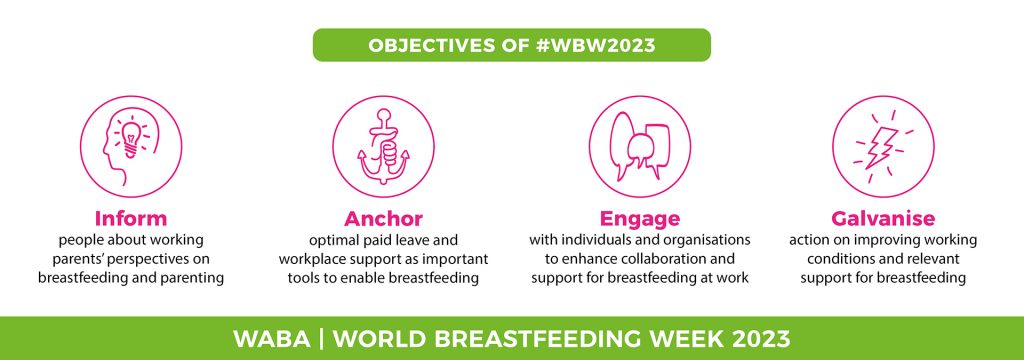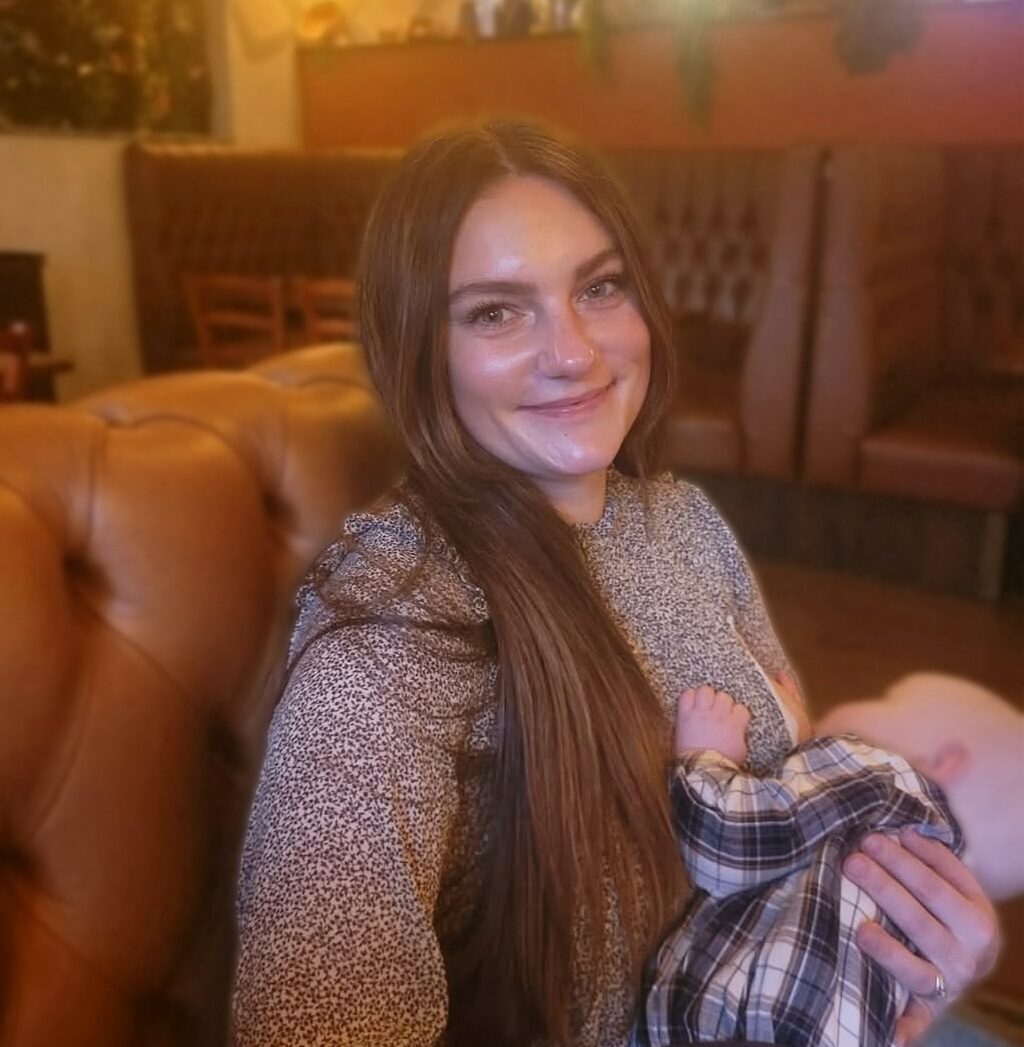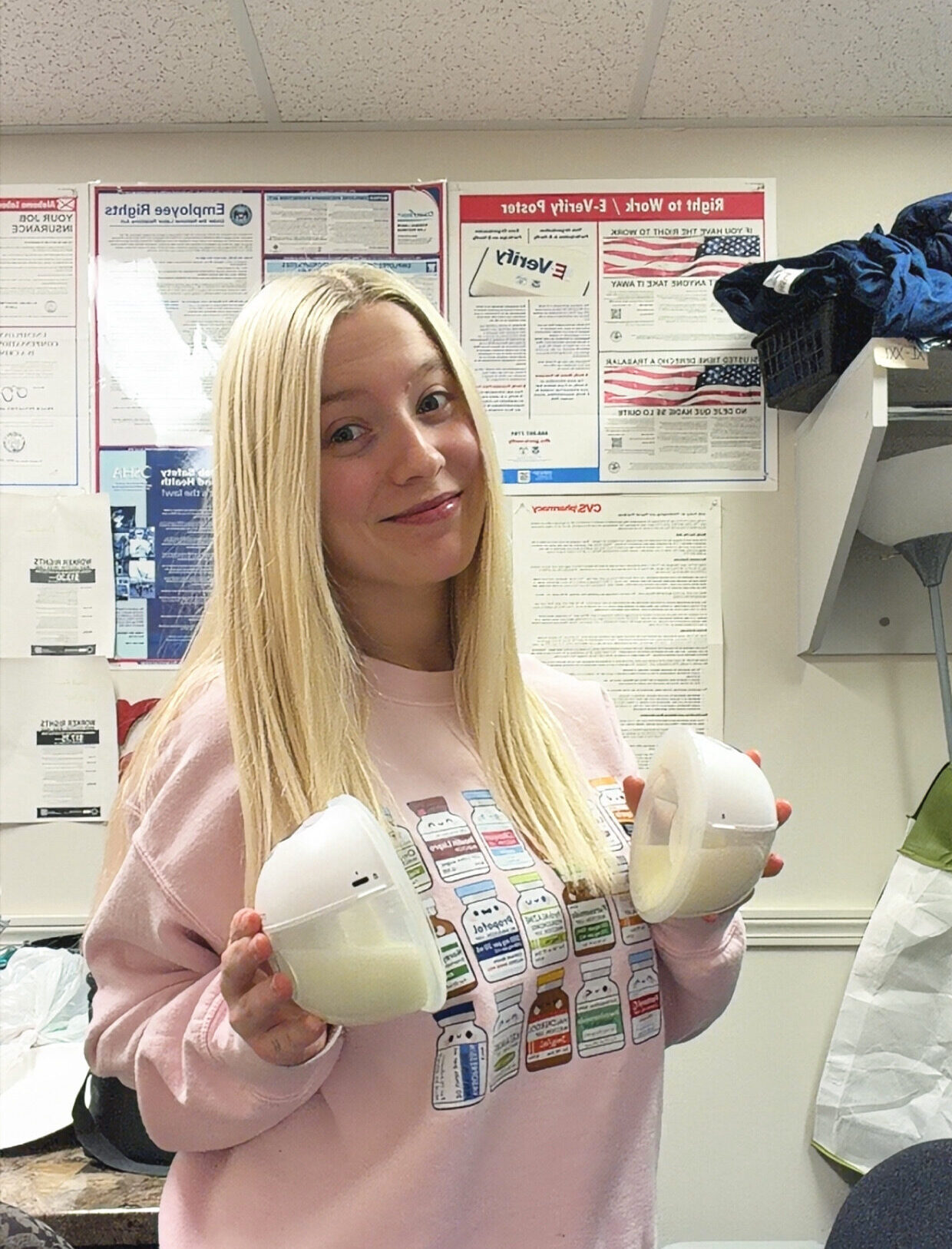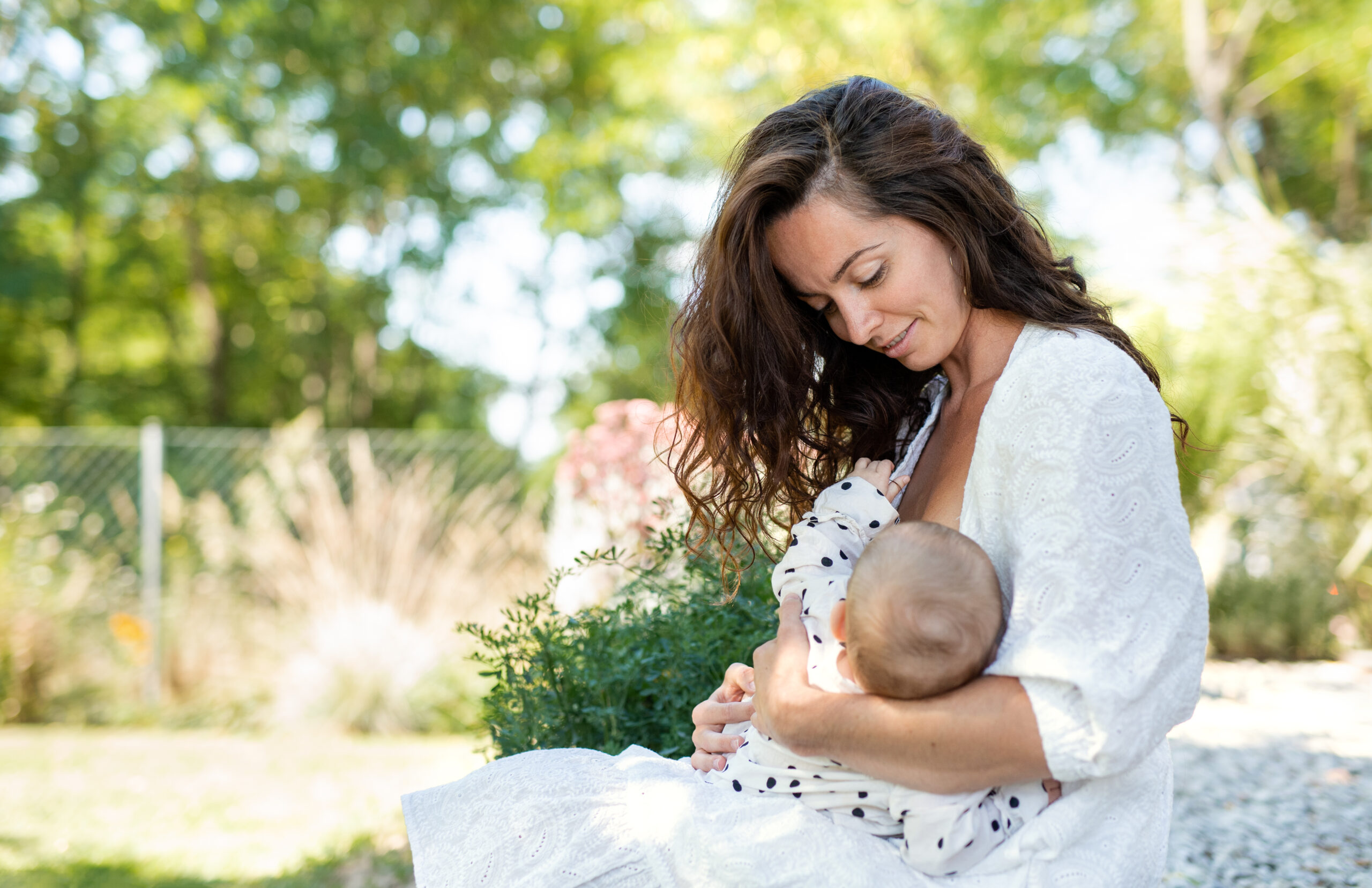Since 1992, the World Alliance for Breastfeeding Action (WABA) coordinates the World Breastfeeding Week (WBW) – a global campaign that aims to inform, anchor, engage and galvanise action on breastfeeding and related issues.
Breastfeeding is one of the best investments in children’s and women’s health and survival. Breastfeeding could prevent 823,000 annual deaths in children younger than 5 years and 20,000 annual maternal deaths from breast cancer. However, workplace limitations remain the most common reason for women to never breastfeed or to stop breastfeeding earlier than recommended by World Health Organisation (WHO) and UNICEF, or than they want themselves.
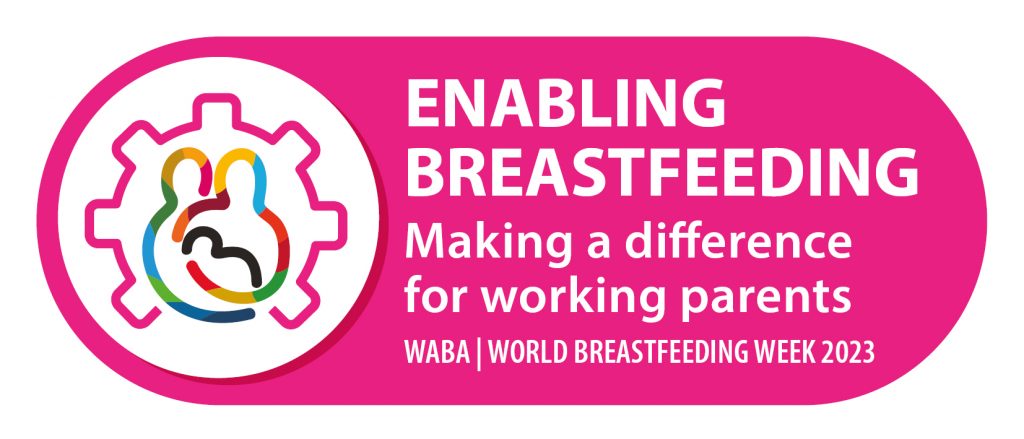
Lack of support for breastfeeding at the workplace can undermine breastfeeding
Only 10% of countries globally meet the International Labour Organisation (ILO) standards on length, level of payment, and source of benefits of maternity leave. Even with adequate maternity and parental leave, lack of support for breastfeeding at the workplace can undermine breastfeeding. Only about 20% of countries meet ILO standards on provision of nursing breaks and facilities.
Only about 20% of countries meet ILO standards on provision of nursing breaks and facilities.
There is a need to improve access to paid maternity leave, and other breastfeeding services for women both inside and outside the workplace. Workers in the informal economy are particularly vulnerable and need attention because maternity entitlements remain inaccessible for many of them, especially in low- and middle- income countries.
Fathers and a right to paternity leave
Taking care of a newborn is a shared responsibility of all parents, thus the importance of the right to paternity leave to promote greater involvement of fathers in care responsibilities.
Fathers need specified paternal leave, and parental leave should be granted, meaning the allocation of a period of leave to be shared between the two parents or partners. The purpose is to ensure that fathers or partners share childcare and domestic responsibilities equitably and reduce the gender gap.
Recognising emerging parenting breastfeeding norms
#WBW2023 focuses on breastfeeding and employment/work. It aims to show the effect of paid leave, workplace support and emerging parenting breastfeeding norms, as parents themselves see them.
#WBW2023 focuses on breastfeeding and employment/work.
Target audiences, including governments, policymakers, health sectors, employers, communities and parents, will all see that they have critical roles in empowering families and sustaining breastfeeding-friendly environments in the postpandemic work life balance.
Use the resources available on our website, Action Folder, Poster, and Social Media Kit to spread awareness of #WBW2023. Pledge to participate in the #WBW2023 celebrations by sending us details of your virtual/physical activities. View events and activities planned for #WBW2023 on our Pledge Map. Together, we can make a difference for working parents and enable breastfeeding.
